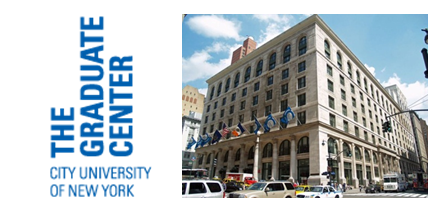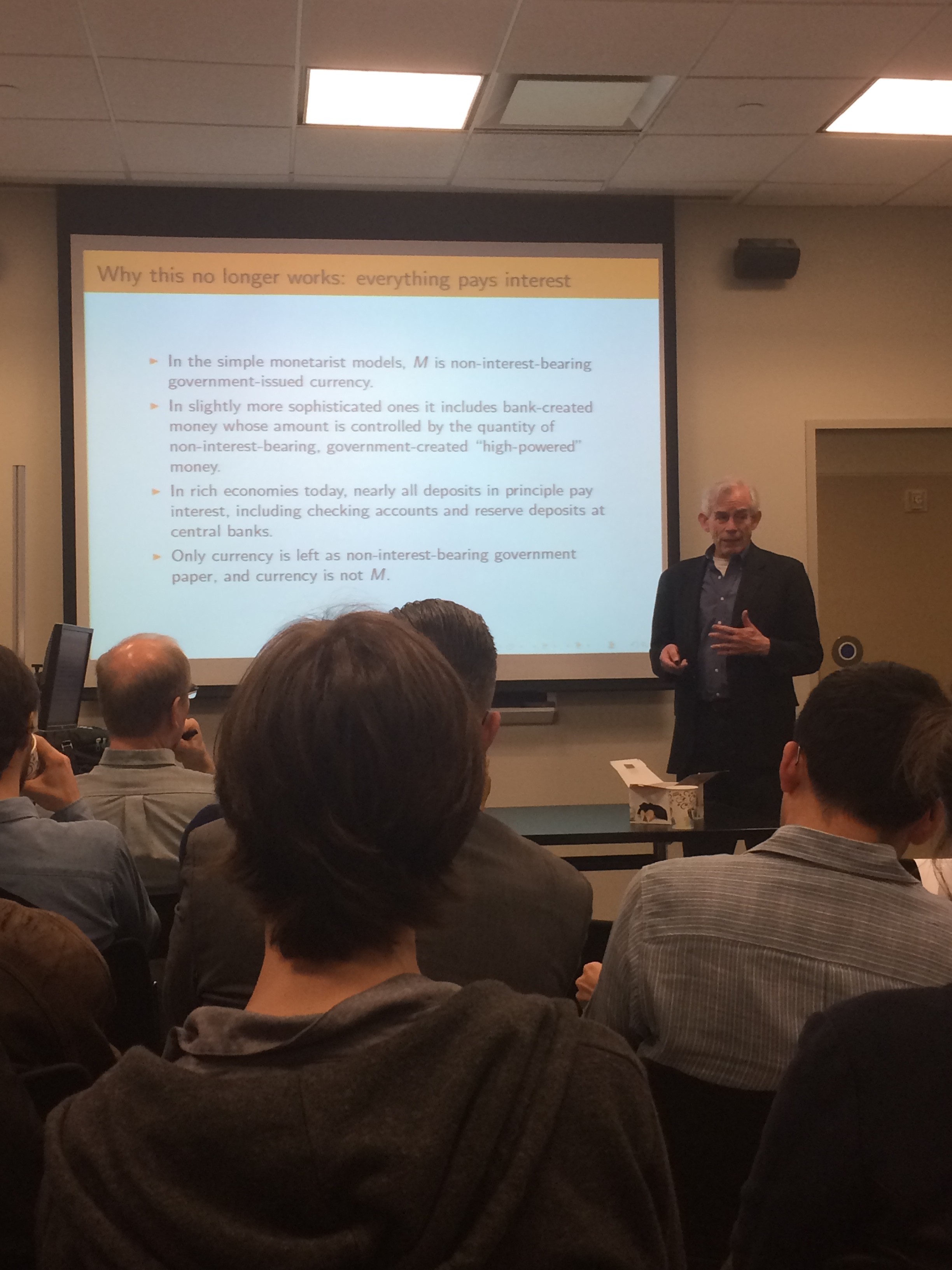Join us in our upcoming Applied Economics Seminar at the Graduate Center organized by Professor David A. Jaeger.
A Lecture by:
Hilary Hoynes, University of California Berkeley and NBER
“Effective Policy for Reducing Inequality? The Earned Income Tax Credit and the Distribution of Income”
Abstract:
In this paper, we examine the effect of the EITC on the employment and income of single mothers with children. We provide the first comprehensive estimates of this central safety net policy on the full distribution of after-tax and transfer income. We use a quasi-experiment approach, using variation in generosity due to policy expansions across tax years and family sizes. Our results show that a policy-induced $1000 increase in the EITC leads to a 7.3 percentage point increase in employment and a 9.4 percentage point reduction in the share of families with after-tax and transfer income below 100% poverty. These results are robust to a rich set of controls and whether we compare single women with and without children or compare women with one child versus women with two or more children. They are also robust to whether we limit our analysis to the sharp increase in the 1993 expansion or use the full period of policy expansion, back to the 1986 Tax Reform Act. Importantly, event study estimates show no evidence of differential pre-trends, providing strong evidence in support of our research design. We find that the income increasing effects of the EITC are concentrated between 75% and 150% of income-to-poverty with little effect at the lowest income levels (50% poverty and below) and at levels of 250% of poverty and higher. By capturing the indirect effects of the credit on earnings, our results show that static calculations of the anti-poverty effects of the EITC (such as those released based on the Supplemental Poverty Measure, Short 2014) may be underestimated by as much as 50 percent.
Author’s website: https://gspp.berkeley.edu/directories/faculty/hilary-hoynes
Date: Tuesday, November 8, 2016
Time: 12:00pm-1:45pm
Location: 365 Fifth Avenue, New York, NY
Room: 5382
Travel Directions to The Graduate Center:
By Subway: B, D, F, N, R, or Q to 34th Street-Herald Square; walk east to 5th Avenue 6 to 33rd Street.
By Bus: M1, M2, M3, M4, M5, M6, M7, M16, M34, Q32.






